- Home
- Youmeiin Temple
Youmeiin Temple
A sub temple of Tenryuji temple
A private Zen temple (not open to the public) which is located in the designated UNESCO World Heritage, Tenryuji temple.
Visitors will be able to experience the real Zen by placing themselves in a life of Zen Buddhist monk.

Room information
64.43 sq meter / Bathroom / Bathtub/shower / Air conditioning / Futon, Japanese-style mattress (No bed) / Free WiFi
Amenities:
Humidifier / Refrigerator / Towel and toothbrush
* This plan is only one party a night. (Maximum number of people is 5)
Dinner and breakfast at the nearby Japanese restaurant are included.
An interpreter will accompany the guests.
The Main Hall
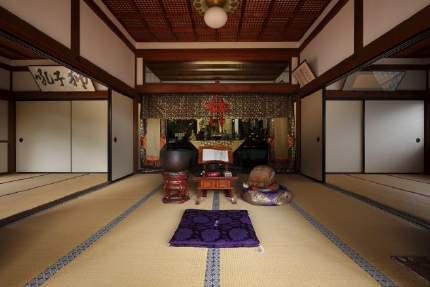
Staying Facility
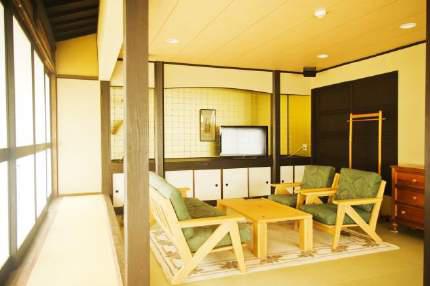
Schedule
[First day]
1:30pm Depart from Kyoto station or Hotel
3:30pm Experience Zazen, seated Zen meditation at the main hall of the temple
4:15pm Chanting a sutra at the Main Hall
6:00pm Dinner
*Since the schedule above is tentative, times and activities may change.
[Second day]
7:00am Exploring the Arashiyama area
7:45am Breakfast
9:30am Visiting the Tenryuji temple
11:30am Arrive at Kyoto station or Hotel
*Since the schedule above is tentative, times and activities may change.
Points of Interest
Experiencing Japanese culture with broad-brimmed bathtub, one of the Japanese traditional bathtubs.
The massive bathtub will offer you an excellent bath time.
Zazen is one of the basic Zen practices aiming of one’s mental concentration, by sitting in the right posture.
Guests experience this practice by learning from a Zen Buddhist monk.
This Zen experience offer the guests a privilege to have an early morning walk with the chief priest of the temple.
There are less number of the tourists in the morning, so you will enjoy private fresh morning of Arashiyama.
Broad-brimmed bathtub
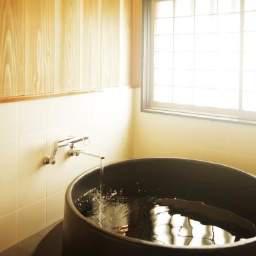
Zazen
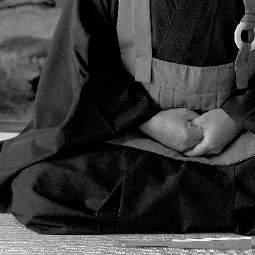
Early morning walk
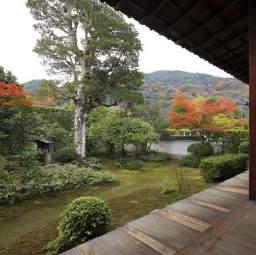
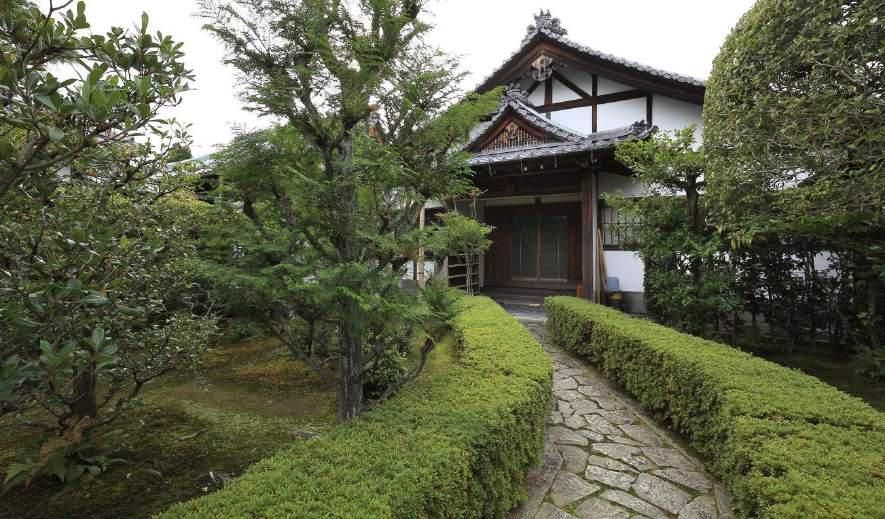

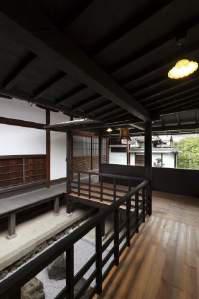
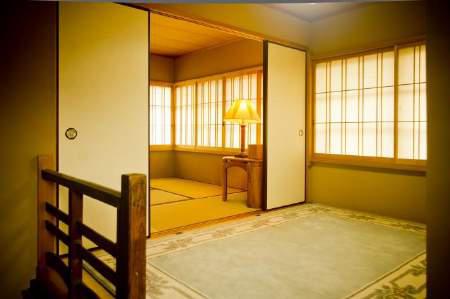
Kunitomo, Noriaki (Cheif priest)
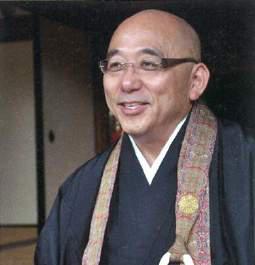
Before returning to this sub-temple in 2003, which is part of the Unesco World Heritage designated Tenryuji temple compound, Noriaki Kunitomo worked in both Los Angeles and San Francisco, California as a designer, restaurant consultant, and advertising executive. His father was the monk at Tenryuji, and although he had been returning each month to Japan for many years, it was not until father’s death that he came back for good.
Thoughtful, with kind eyes and a mirthful laugh, Mr. Kunitomo is fluent in English and at home in both Japanese and U.S. cultures. He speaks with alacrity and with depth, always with an eye towards bringing joy to others. In his small study, on display is a photo of him with the Dalai Lama and in it both men are laughing.
The building on the property where guests stay was designed by Mr. Kunitomo. Tatami rooms on two floors, a huge and sunken black stone tub, great privacy, and nearby a verandah facing a garden and four hundred year Holly tree. “Guests can practice zazen facing the garden,” he says.
Tenryuji temple is beside a well-known bamboo forest just below the Arahiyama hills. Within the compound is Shigetsu, which is a small restaurant where shojin ryori cuisine is served. Famous gardens add to the experience. One feels calm by observing. Guests who stay at Youmeiin enjoy lessons, zazen, the main temple, and private discussions.
History
Youmeiin is a sub temple of Tenryuji temple*(1). Taigaku Shuusou zenzi, a Buddhism grandchild of Muso Kokushi*(2) founded the Youmeiin in 1413. Although the temple was destroyed by fire caused by war of Onin in 1467, same as Tenryuji temple, Mizuno Kawachimori Morinobu, the head of Tokoname domain and also who worked at the center of Edo government, had rebuilt the temple.
During the Edo period, the temple was Mizuno�s family temple. In 1864, the temple was also destroyed by fire of conspiracy of Hamaguri-gomon Gate*(3), donation from Yamaguchi Gendo, who revived many temples and shrines from Taisho to Showa era, and also cooperation of other followers revived the temple. The temple deifies Ebisu Sonshin, the god of wealth, one of the Tenryuji temple�s Seven Gods of Good Fortune.
*(1) Tenryuji temple: the head temple of Tenryuji sect of the Rinzai Zen Buddhism (Kyoto)
*(2) Muso Kokushi: a founder of Tenryuji temple
*(3) Hamaguri-gomon Gate: it led the Meiji restoration Kunitomo, Noriaki (Chief priest)
